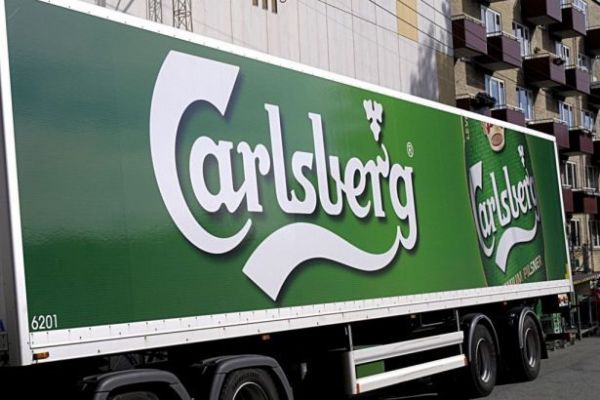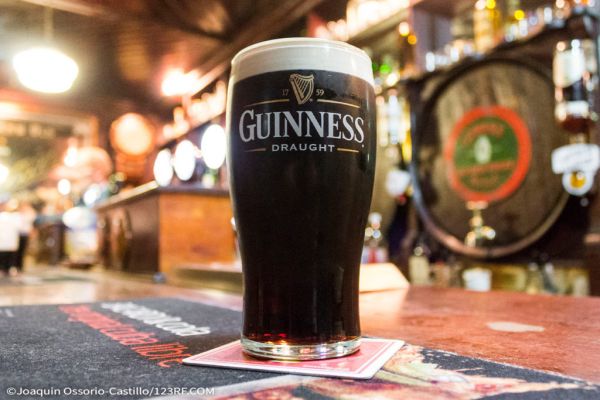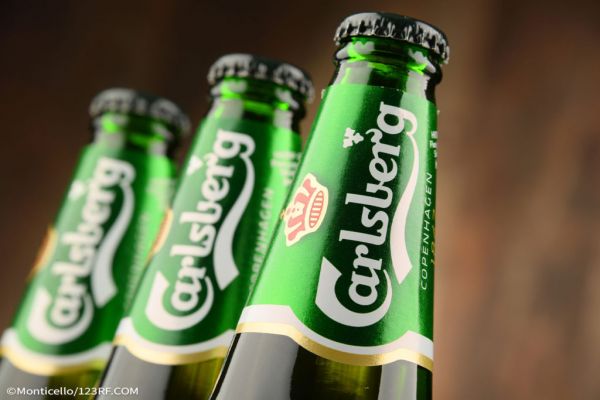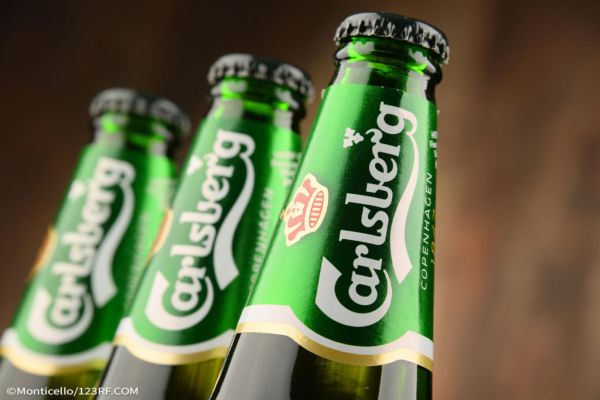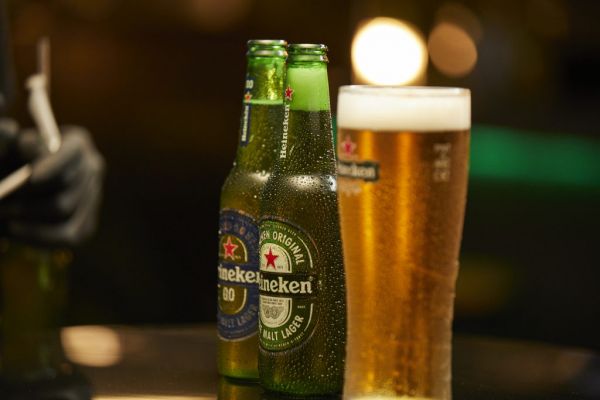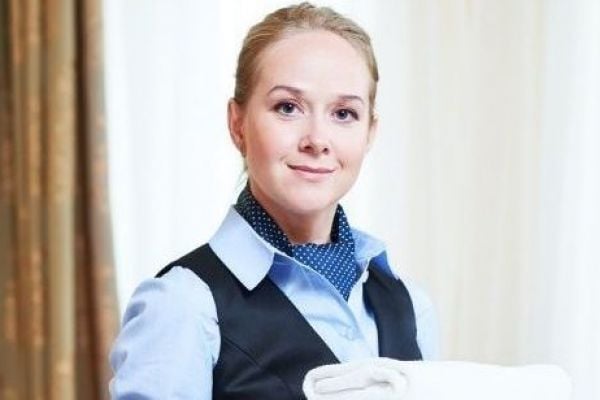Strong growth in China for Carlsberg helped to dilute the negative effects of currencies and lower volumes in the Russian market, allowing the Danish brewer to stick to its annual profit forecast.
Sales in the first quarter fell 5% to 12.70 billion Danish crowns ($2.06 billion), below the 12.89 billion crowns forecast in a Reuters poll of analysts.
However, it still expects mid single-digit organic growth in operating profit this year.
Carlsberg, the world's third-largest brewer behind Anheuser Busch InBev and Heineken, continued to lose market share in Russia, where it owns the Baltika brand and which accounts for around a fifth of sales.
Russian initiatives to discourage drinking have included banning the sale of beer in so-called PET bottles, popular plastic bottles larger than 1.5 litres, which has hurt sales in Carlsberg's biggest market.
"In Eastern Europe, our volumes grew in all markets except for Russia," Chief Executive Cees t'Hart said on a conference call.
The decline in volumes in Russia reflected an overall market decline of around 4-5 %, Hart said, although Carlsberg is also losing ground to rivals.
"Our market share decline in Russia accelerated during the year," he added.
CHINESE SURPRISE
Carlsberg, which did not disclose earnings figures, said revenue was hit by a negative currency impact of 5%.
Sales fell in both Western and Eastern Europe, with Asia accounting for the only region with sales growth.
The Chinese market was a positive surprise, with sales up 16% and volumes increasing 9%, well ahead of analysts expectations. China last year became Carlsberg's largest single market in volume terms.
"We seem to have a momentum in China," Hart said in an interview.
The Chinese market is driven by international premium beer brands, which sell at two to three times the price of mainstream brands.
Closure of 19 breweries in western China and a push into big cities in the east has helped Carlsberg lift operating margins there to 14-15% from around 6% two years ago, Hart said.
In 2015, the chief executive launched a major cost-cutting program and a strategy to revive growth which has been subdued since the company took over Baltika in 2008.
"We are supportive of management and cost cutting delivery, but for the equity story to push on the company now needs to demonstrate improvement in topline," Jefferies analyst Edward Mundy said in a note.
News by Reuters, edited by Hospitality Ireland. Click subscribe to sign up for the Hospitality Ireland print edition.
